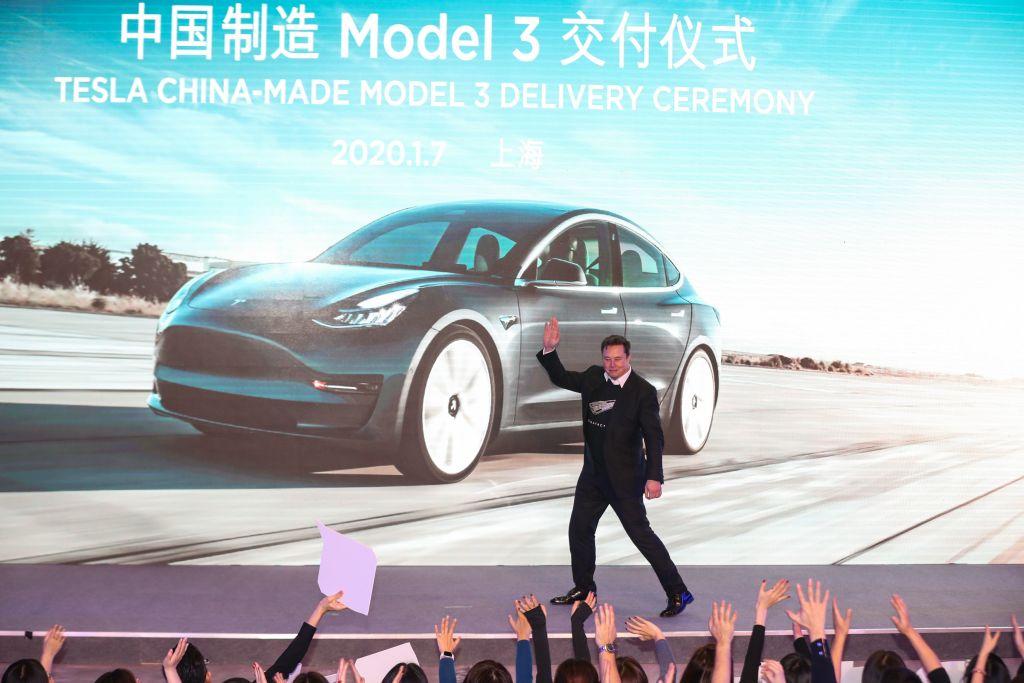News Analysis
Tesla’s bad luck in China has not ended yet. After a woman protested at an auto show in Shanghai against Tesla’s “brake failure,” followed by a flood of criticism, a higher court could decide to overturn the company’s appeal to a previous court order to compensate a buyer of one of its second-hand cars over fraud and damage claims.





